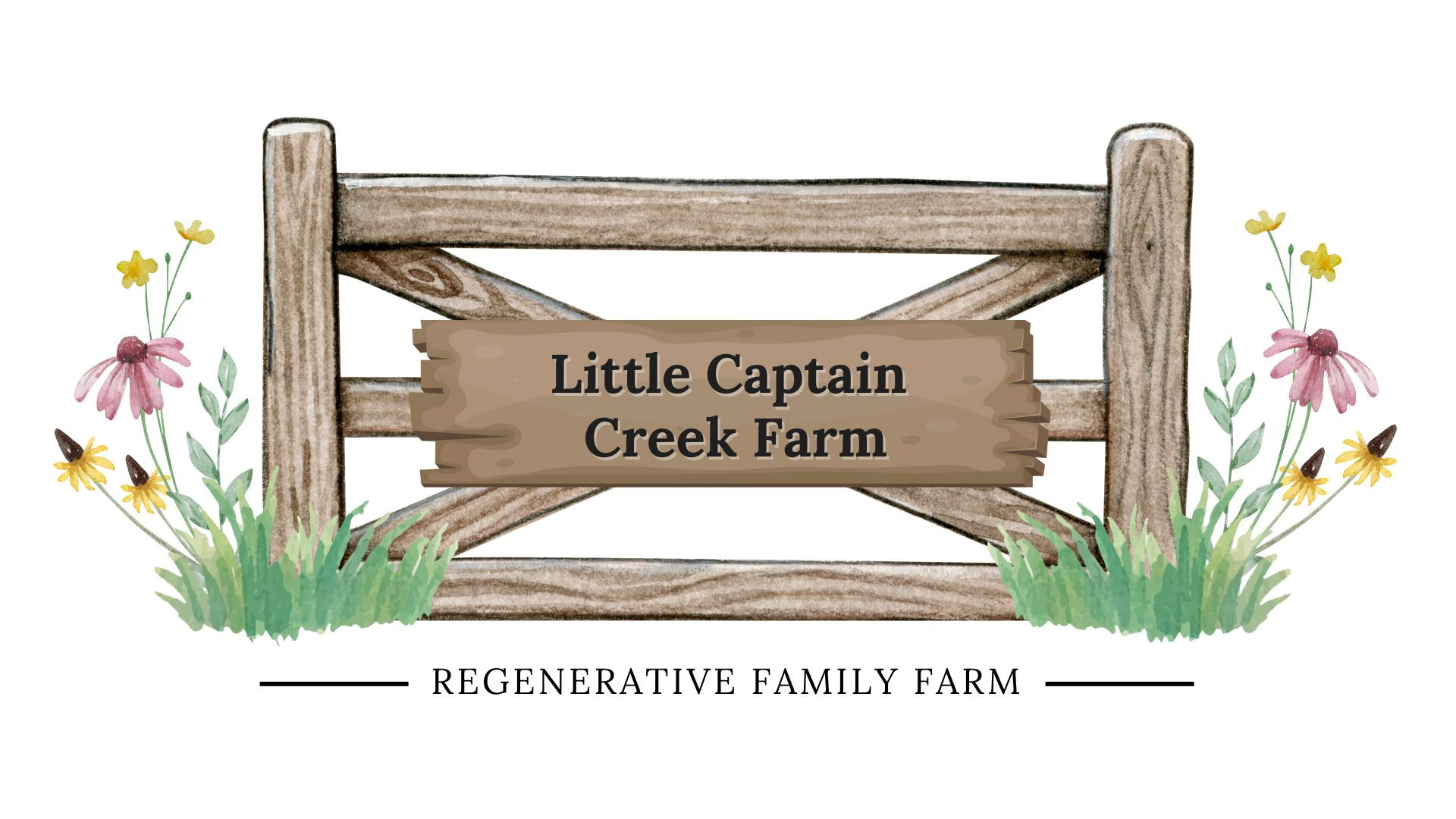Protocols
Non GMO
This means the food or animal feed is made without genetically modified organisms (GMOs). Seeds and ingredients come from natural, non-engineered varieties, preserving traditional genetics and avoiding laboratory-altered traits.
Raw
In dairy, “raw” means the milk has not been pasteurized or homogenized. It is kept in its natural state after milking, preserving the original enzymes, beneficial bacteria, and nutrients.
Regeneratively Grown
This means farming practices are designed to restore and improve the health of the land. Methods like rotational grazing, minimal soil disturbance, and integrating livestock help build soil fertility, increase biodiversity, and capture carbon. The goal is to leave the land healthier with each season.
Corn & Soy Free
This means the animals’ feed contains no corn or soy ingredients. Instead, they are given alternative grains, forages, or other natural feed sources. This is often chosen to avoid common allergens, reduce reliance on heavily processed crops, and support specific dietary preferences.
A2/A2
A2/A2 refers to the type of beta-casein protein found in a cow’s milk. Cows naturally produce either A1 or A2 beta-casein (or both). Milk labeled A2/A2 comes from cows that produce only the A2 protein. Some people find A2/A2 milk easier to digest than milk containing A1, though it has the same rich flavor and nutrition.
100% Grass-Fed
The animals are raised entirely on a natural diet of grass and forage for their whole lives from weaning to harvest. They are never fed grain or processed feed. This approach supports the animals' natural grazing behavior, resulting in nutrient-rich meat and milk, and helps maintain healthy pastures.
Pasture Raised
This means animals spend the majority of their lives outdoors on pasture, where they can graze, forage, and move freely. Their diet is primarily made up of fresh grasses and plants, with shelter provided for protection from harsh weather. This approach supports animal welfare and produces nutrient-rich food.
Humanely Raised
This means animals are cared for in ways that support their natural behaviors and well-being. They have access to clean water, nutritious food, proper shelter, and space to move freely. Handling is gentle and respectful, with an emphasis on reducing stress throughout their lives.
Vaccine Free
This means the animals are not given any vaccines during their lifetime. Herd health is supported through natural care, proper nutrition, and clean living conditions to help prevent illness without the use of vaccinations.
Chemical Free
This means crops are grown and animals are raised without the use of synthetic chemicals, such as pesticides, herbicides, or artificial fertilizers. Natural methods are used to manage soil health, pests, and weeds, resulting in food produced without synthetic chemical residues.
Antibiotic Free
This means the animals are never given antibiotics at any point in their lives. Healthy living conditions, proper nutrition, and natural care practices are used to prevent illness instead. This ensures the meat, milk, or eggs come from animals raised without antibiotic treatments.
Probiotic Rich
Our kombucha is packed with live probiotics, beneficial bacteria that support digestive health and overall wellness. These friendly microbes help balance the gut, making it easier for your body to absorb nutrients. Enjoy a refreshing drink that’s not just delicious, but also nourishing from the inside out.
Naturally Fermented
This kombucha is crafted through a natural fermentation process using traditional SCOBY cultures. Fermentation develops the drink’s unique tangy flavor while preserving its nutritional benefits. No artificial flavors, colors, or preservatives are added—just naturally crafted, wholesome goodness.
